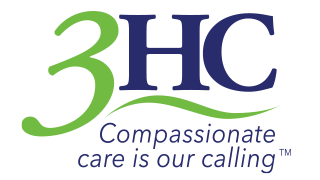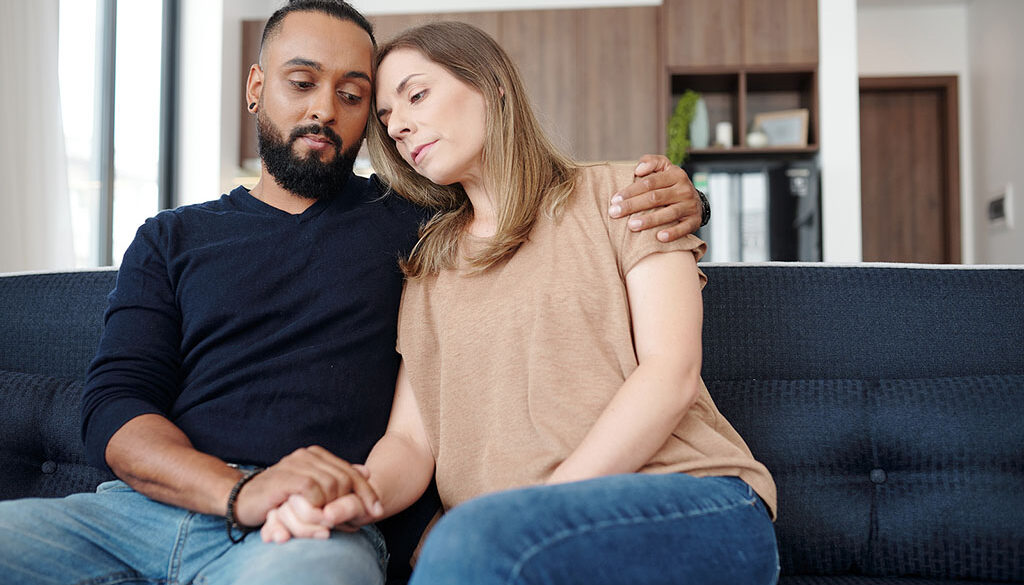Where Can I Find Support Groups For Grieving Parents?
In this article:
The pain is unimaginable, and unless you have experienced it, it’s impossible to verbalize the emotional devastation to others. Losing a child creates an extensive pain that no parent should have to face alone.
Through our grief support services, we can help you navigate grief, providing support and care at every step during one of the most difficult journeys of your life. But often, support groups for grieving parents can provide additional help where parents can share stories and find comfort among those who truly understand the impact of this tragedy.
Everyone Grieves in Their Own Way
We want to be very clear: There is no one “right” way to grieve. Grieving is different for each individual, and support groups for grieving parents can be a helpful part of the healing process.
We also want you to be aware that grief is much more than an emotional process; it can also manifest as physical issues, such as insomnia or headaches.
At 3HC, we recognize that grief is a very individual process, and we respect that. That’s why we’ve been the trusted provider of hospice services for decades, serving families across the Triangle and Eastern North Carolina. For more information on our services or grief support, simply contact us.
In this blog, we’ll provide more information about child loss support groups and how they can make a difference.
Where Can I Find Support Groups for Grieving Parents?
Through 3HC, we offer bereavement support groups, but these are not solely dedicated to grieving parents. However, we do have more resources to help you grieve & find a child loss support group in your area.
Another useful resource is Compassionate Friends, which can help you find an appropriate support group in your area.
How Do Child Loss Support Groups Help With Coping With a Loss?
While support groups aren’t the same as individual therapy treatment, they can provide comfort and hope for grieving parents.
Some of the ways they help include:
- They provide a safe environment for sharing
- They are attended by those who have been through a similar tragedy
- They are attended by those who can relate to your pain
- They can bridge gaps if you’re on a waiting list to see an individual therapist (Group therapy is not the same as individual therapy–we’ll explore that difference later in this article.)
- They can help you feel less isolated
- Most grief support groups are free or have minimal costs involved
How Do Support Groups Differ From Individual Counseling?
We’ve outlined a few ways that support groups are different from individual counseling:
| Support Groups | Individual Counseling |
| Involve multiple people | Involve one-on-one sessions |
| Are often peer-lead | Are conducted by a licensed healthcare professional |
| Are often free or low-cost | Cost varies depending on the therapist, insurance coverage |
| Group members share experiences | Strict confidentiality between therapist and client |
| Sessions follow an open format | Sessions are highly individualized based on needs |
When Can You Join a Child Loss Support Group?
We believe it is best to wait one to two months after such a tragic event to join a support group. Often, immediately after the death, you may find it difficult to share your story, and hearing others tell their stories may be overwhelming.
If you have questions about when it may be most appropriate to join a support group for grieving parents, just contact us.
At 3HC, We Treat You Like Family, So You Know You’re Never Alone
There are few kinds of grief more intense than losing a child. We understand that, and our grief care specialists have received extensive training to enable them to provide the compassionate, supportive care that you need.
Remember that we are with you and that you are never alone in your struggle. Want to learn more? Simply contact us.
Key Takeaways:
- Losing a child causes unimaginable grief that no parent should endure alone.
- Grieving is a deeply personal journey with no single “right” way to experience it.
- Grief can have both physical and emotional effects.
- Support groups for parents who have lost a child can be extremely important in the grieving process.
- 3HC can connect you with child loss-specific support groups.
- Unlike individual counseling, support groups are peer-led, group-based, and less formal.
It’s usually best to wait 1–2 months after a child’s passing before joining a support group.
====
Sources:
American Academy of Pediatrics, “Coping With a Child’s Death: AAP Policy Explained,”https://www.healthychildren.org/English/family-life/family-dynamics/Pages/coping-with-a-childs-death-aap-policy-explained.aspx
American Association for Marriage and Family Therapy, “Grieving the Loss of a Child,” https://www.aamft.org/AAMFT/Consumer_Updates/Grieving_the_Loss_of_A_Child.aspx
Anxiety and Depression Association of America, “Understanding Group Therapy and Support Groups,” https://adaa.org/learn-from-us/from-the-experts/blog-posts/consumer/understanding-group-therapy-and-support-groups


